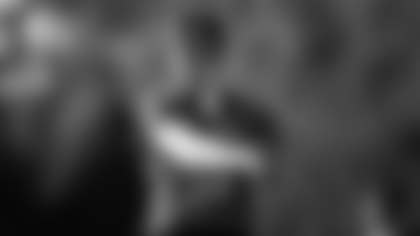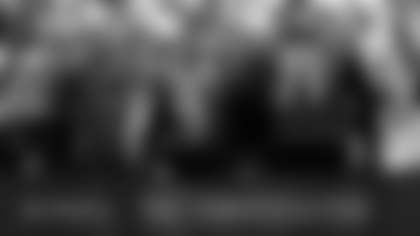Fullback Pete Johnson powered his way to 15 TDs, a club record at the time. But the team finished 4-12 in its only full season under head coach Homer Rice, who was released the day after the Dec. 16 season finale. The team struggled despite a plus-15 mark in turnover differential (44 takeaways, 29 giveaways). On Dec. 28, Rice was replaced by former Cleveland Browns head coach Forrest Gregg, who resigned as head coach of the CFL Toronto Argonauts to take the job. During the season, controversy flared over the publication of "PB: The Paul Brown Story," an autobiography written by Brown in collaboration with sportswriter Jack Clary. The book included lengthy and explicit criticism of Cleveland Browns owner Art Modell, who had fired Brown as Cleveland head coach after the 1962 season. Modell made a formal complaint to the league office, charging Brown with violating league policy on public criticism of other teams' management. Brown eventually was fined $10,000 by Pete Rozelle, whose appointment as NFL Commissioner in 1960 had been spearheaded by Brown. After paying his fine, Brown told reporters, "I have sent (Rozelle) his check, but I stand by the book as written. His (Rozelle's) action is not based on any judgment on the facts I have presented." Prior to the season, on Jan. 17, the Bengals created the coaching staff's first full-time position in charge of special teams, hiring Frank Gansz. On Nov. 14, after an injury to C Blair Bush, C Bob Johnson was coaxed out of retirement and played the remainder of the season. Johnson was the team's original No. 1 draft pick in 1968, and when he hung up his cleats for good after the '79 season, it marked the final departure of the last player who had been on the inaugural '68 club. On Sept. 23 vs. Houston, Bengal Chris Bahr kicked a 55-yard FG, which would stand alone as longest in franchise history for 33 years, until Mike Nugent tied it in 2012.







